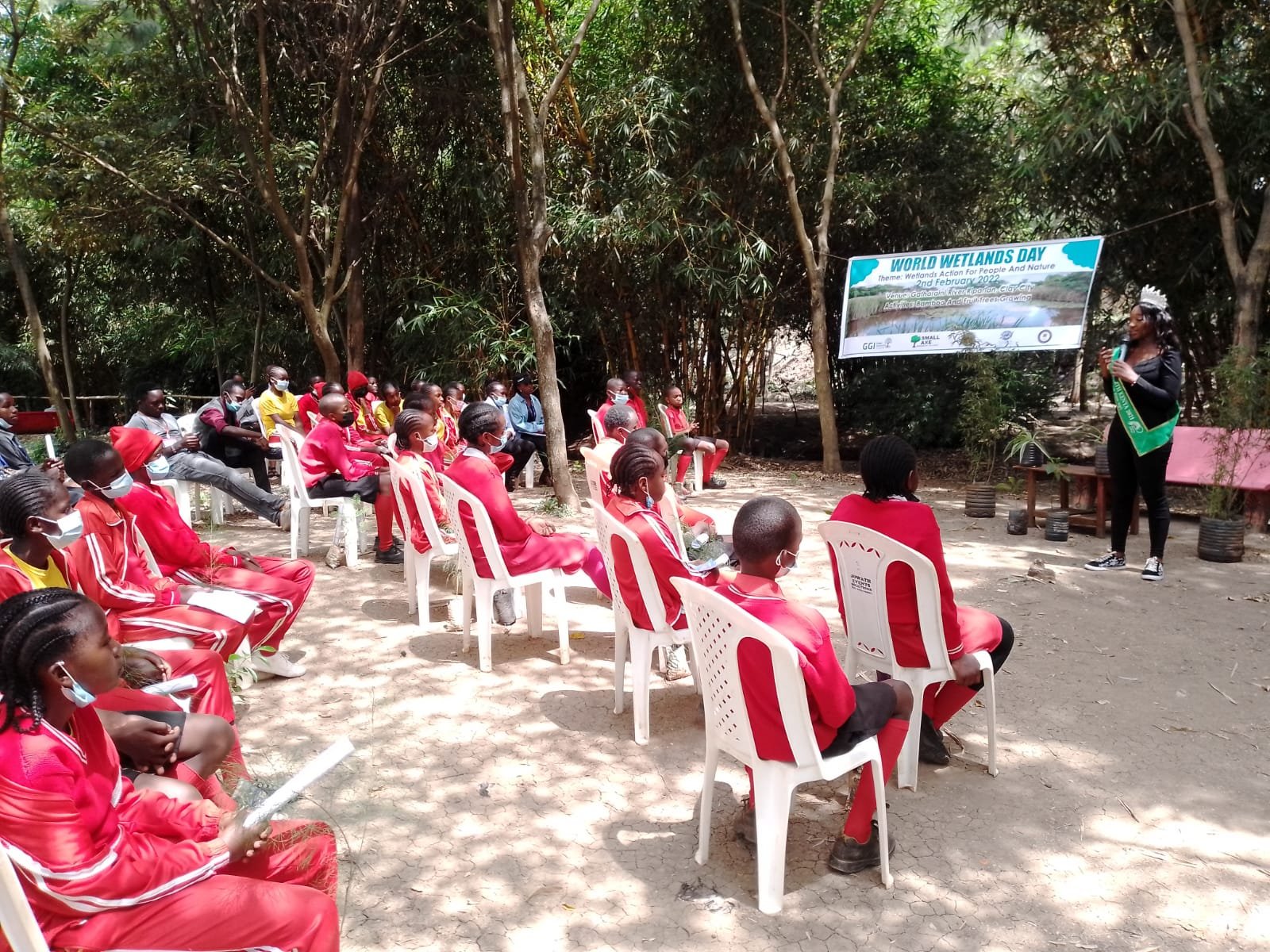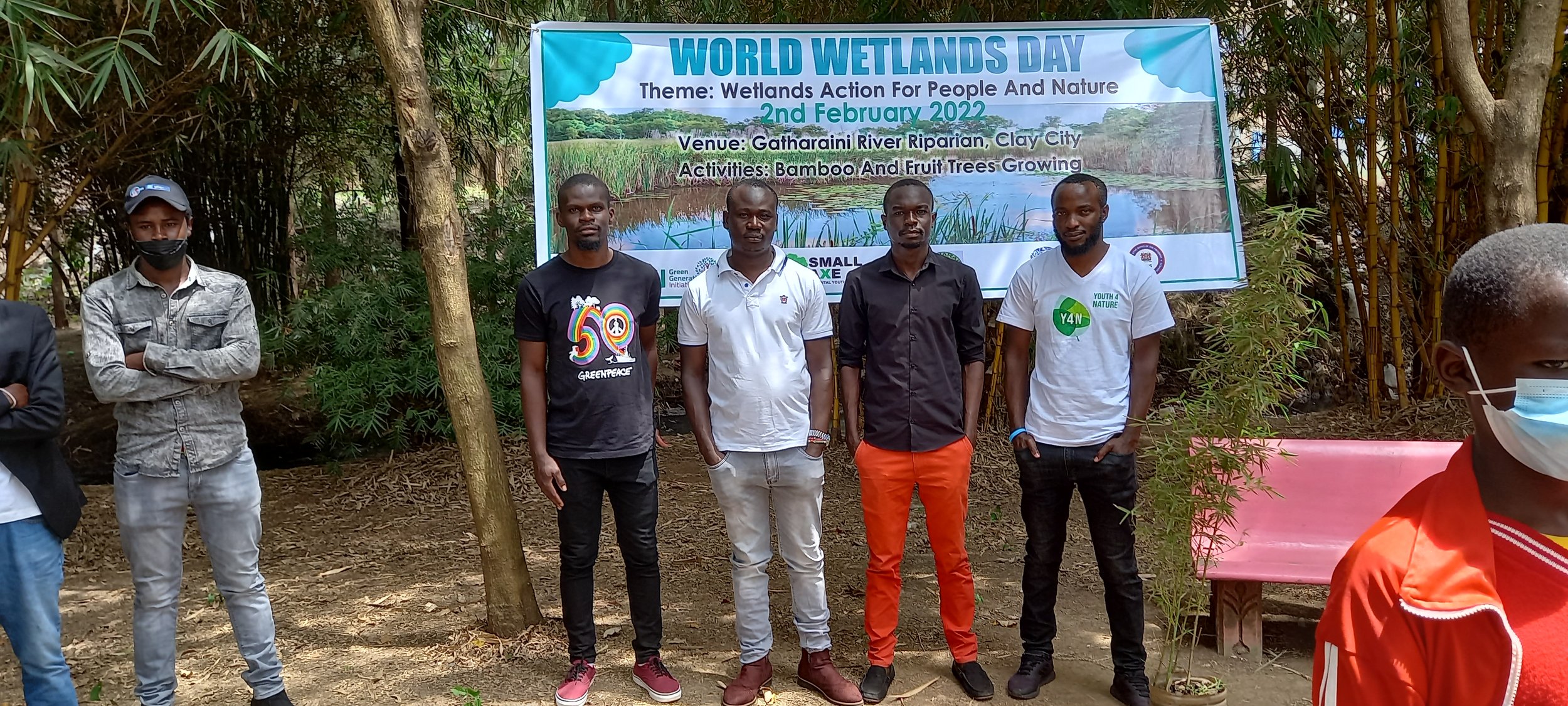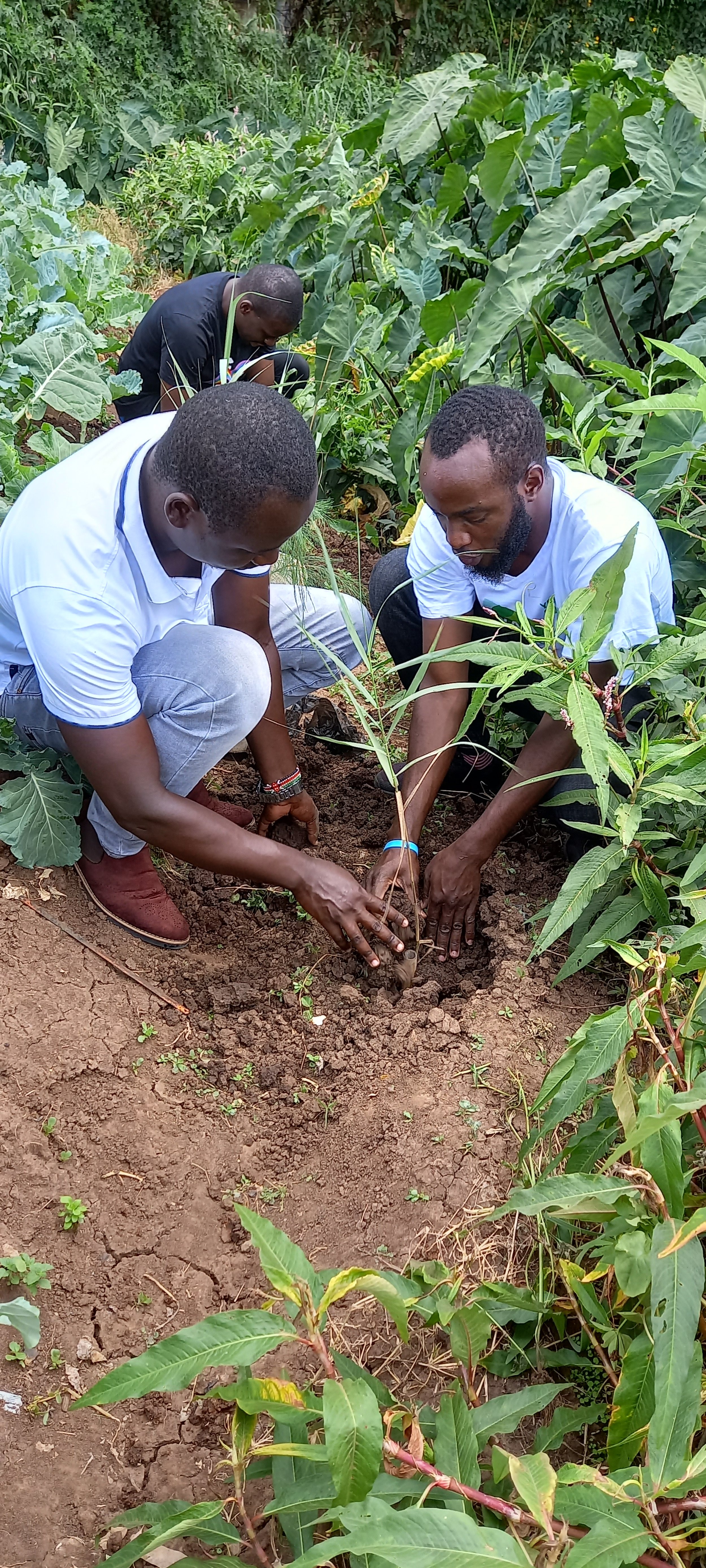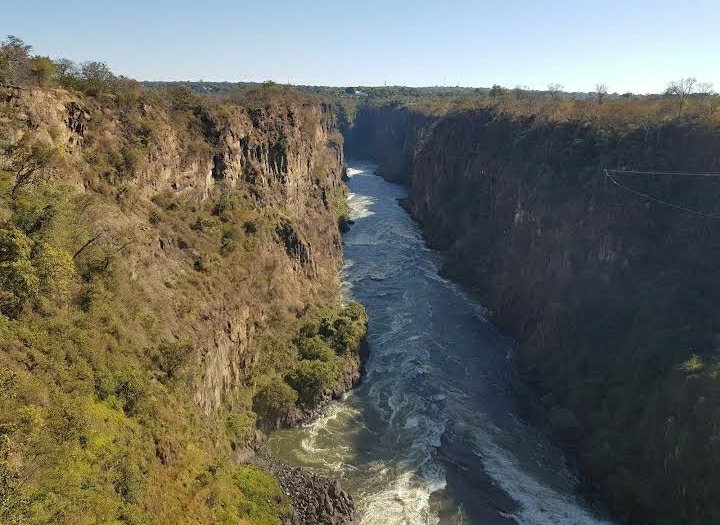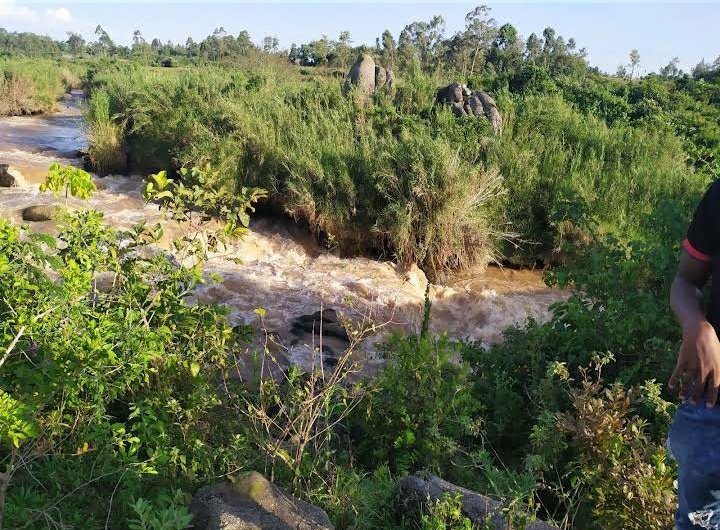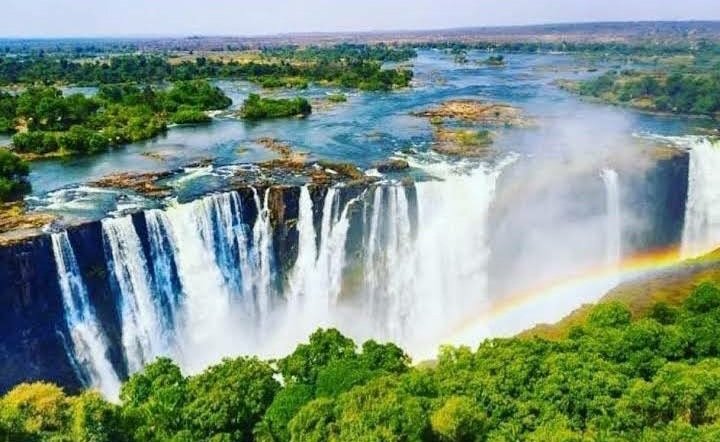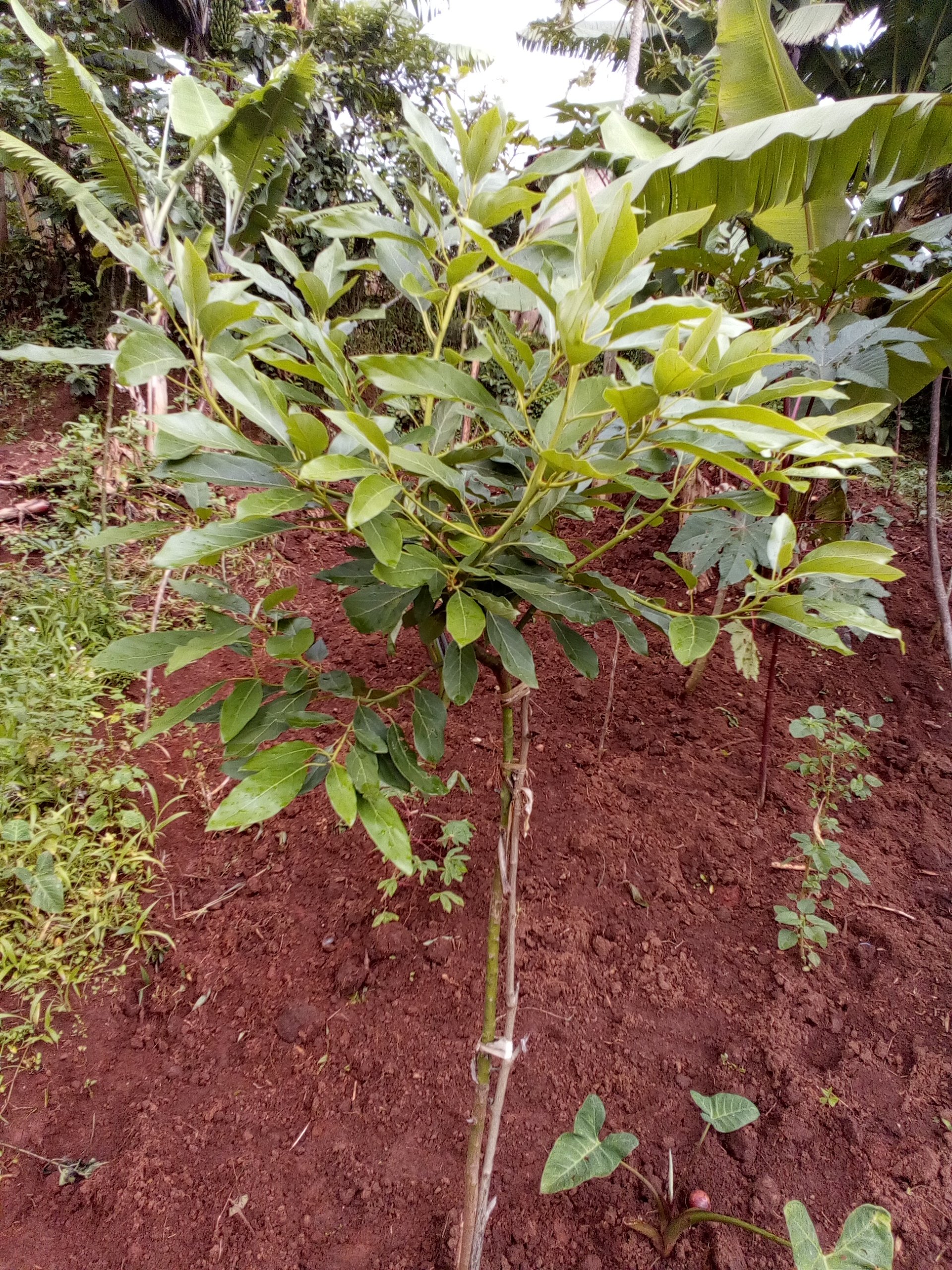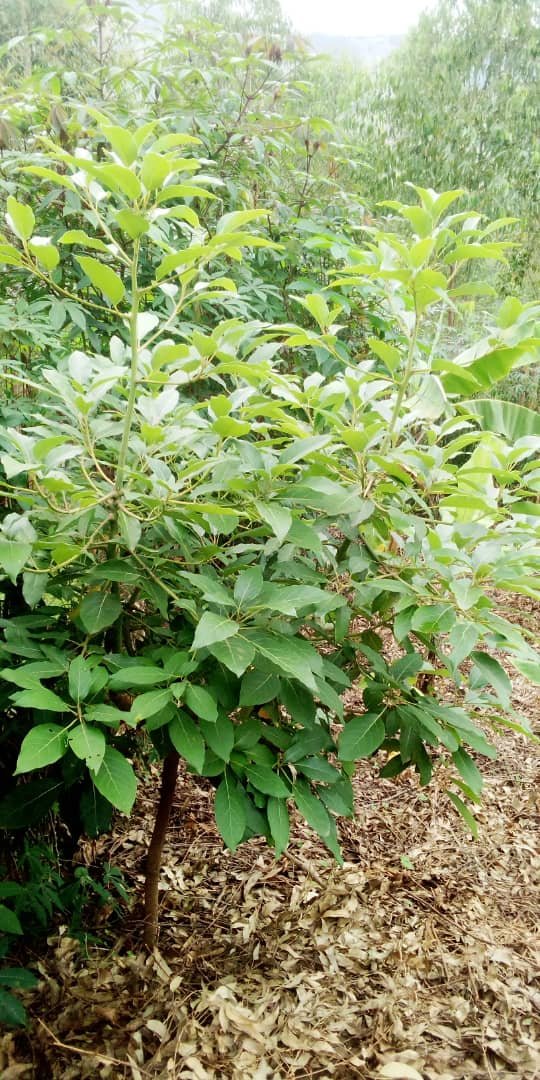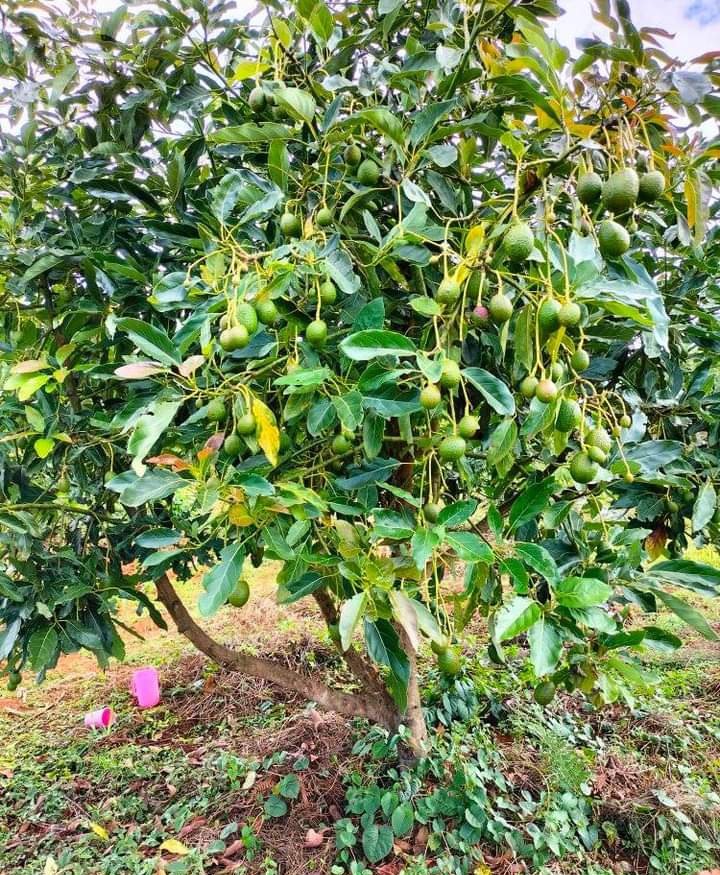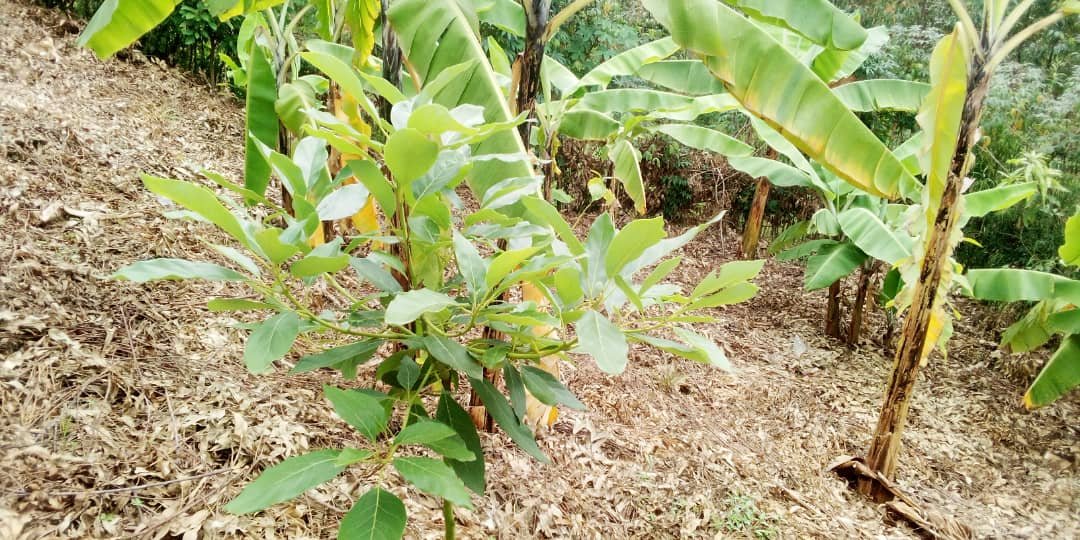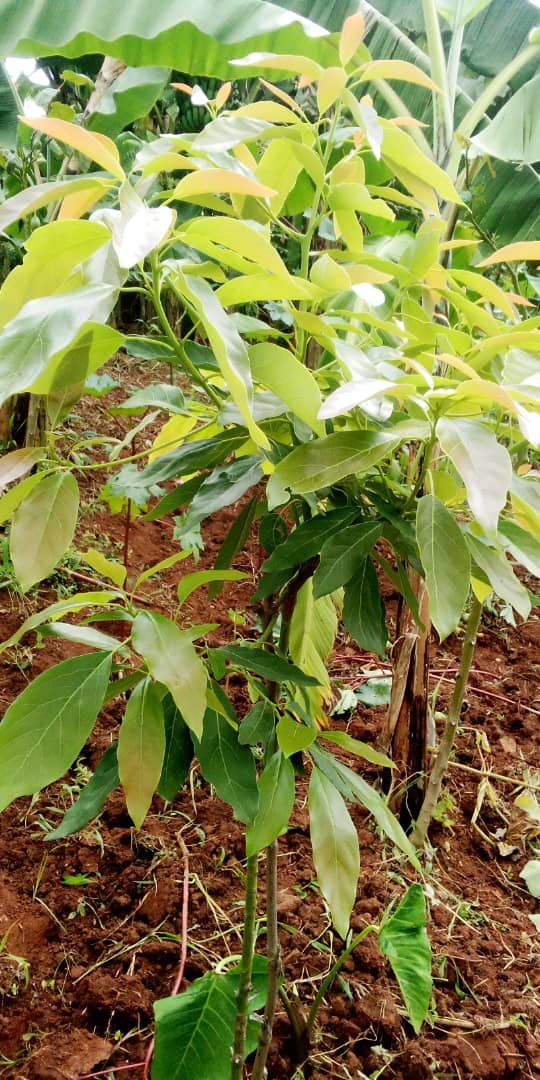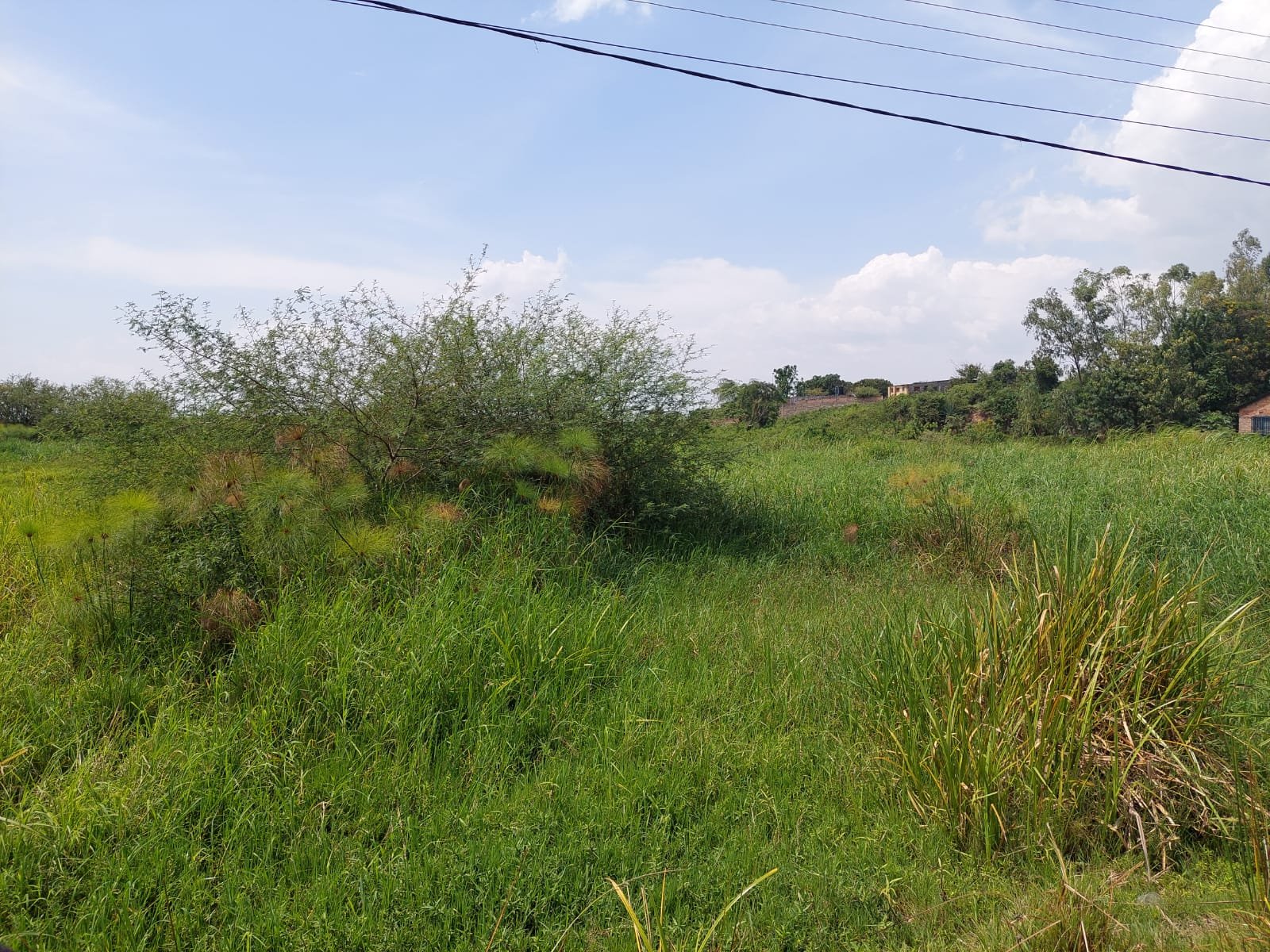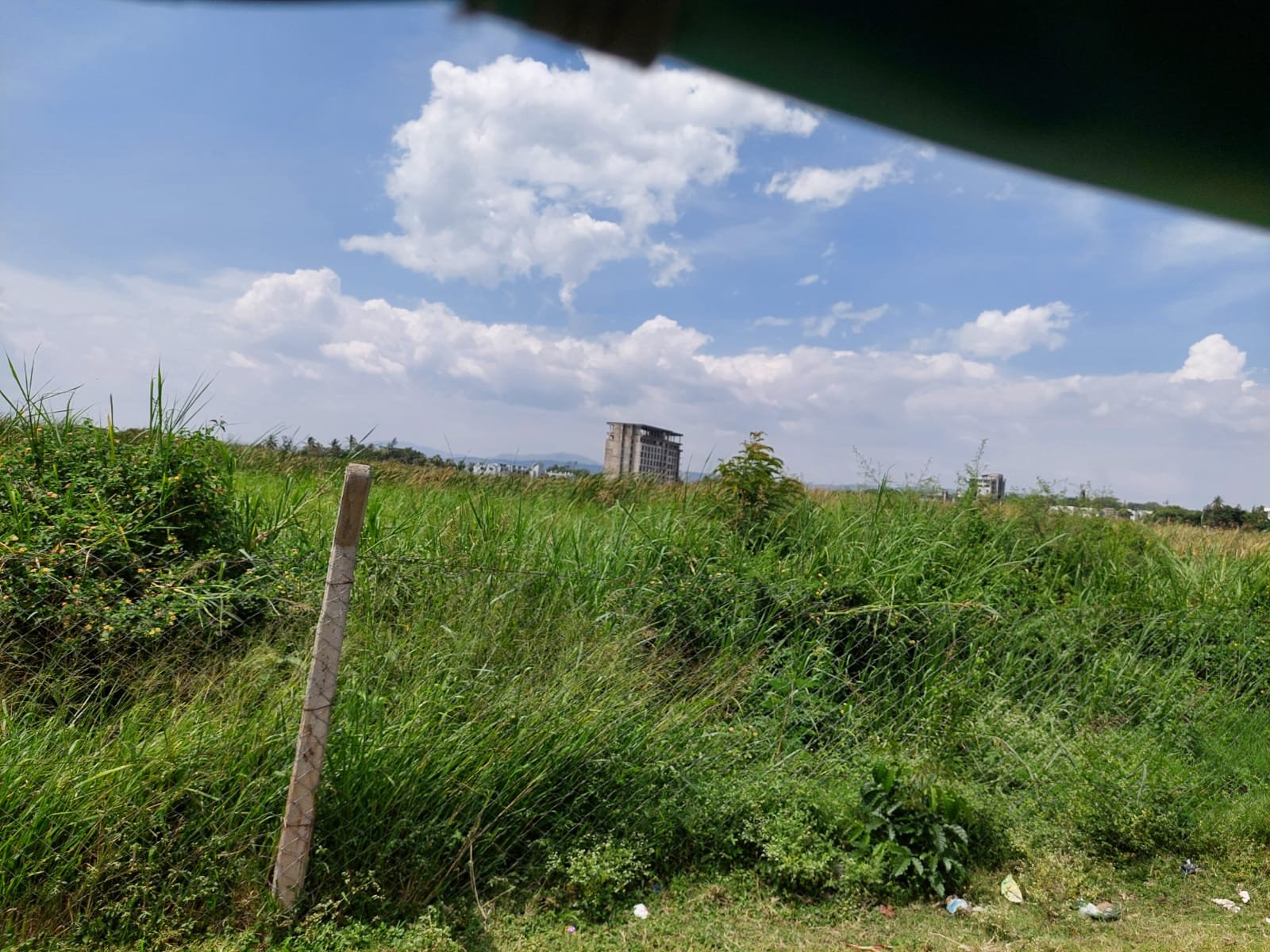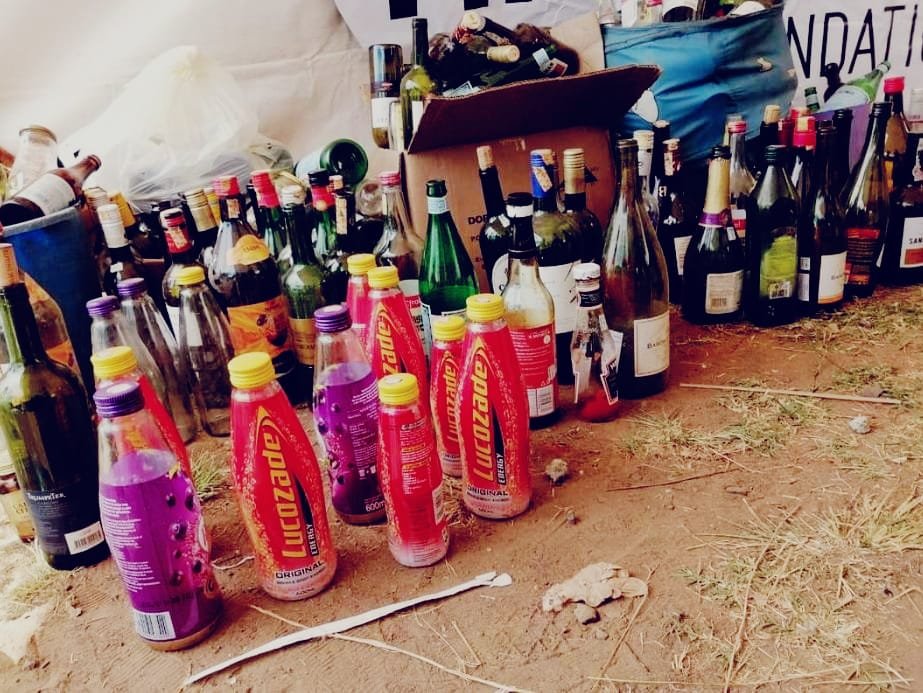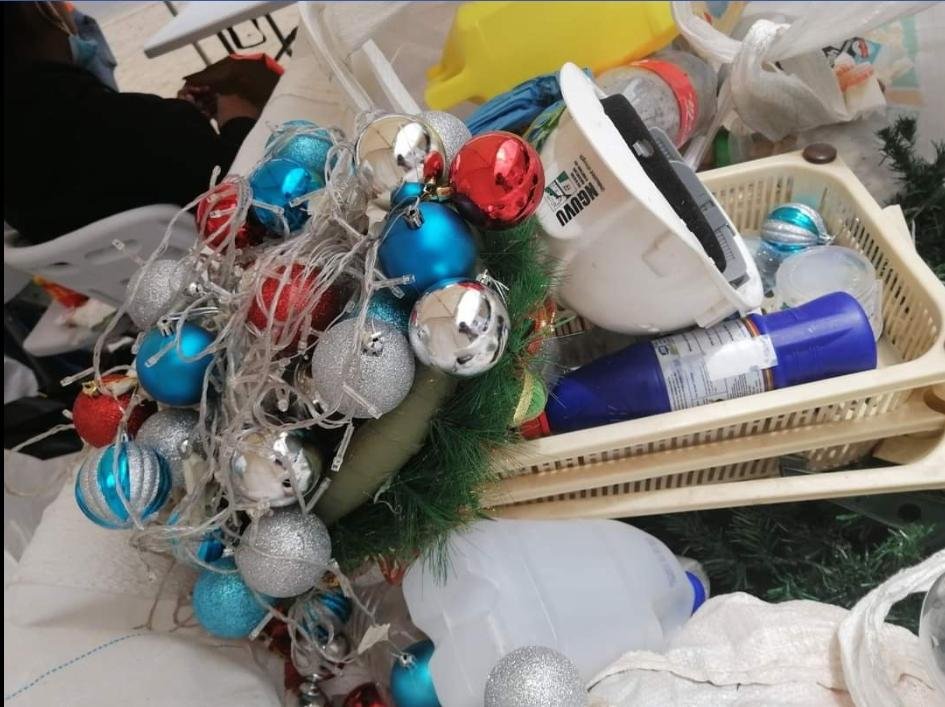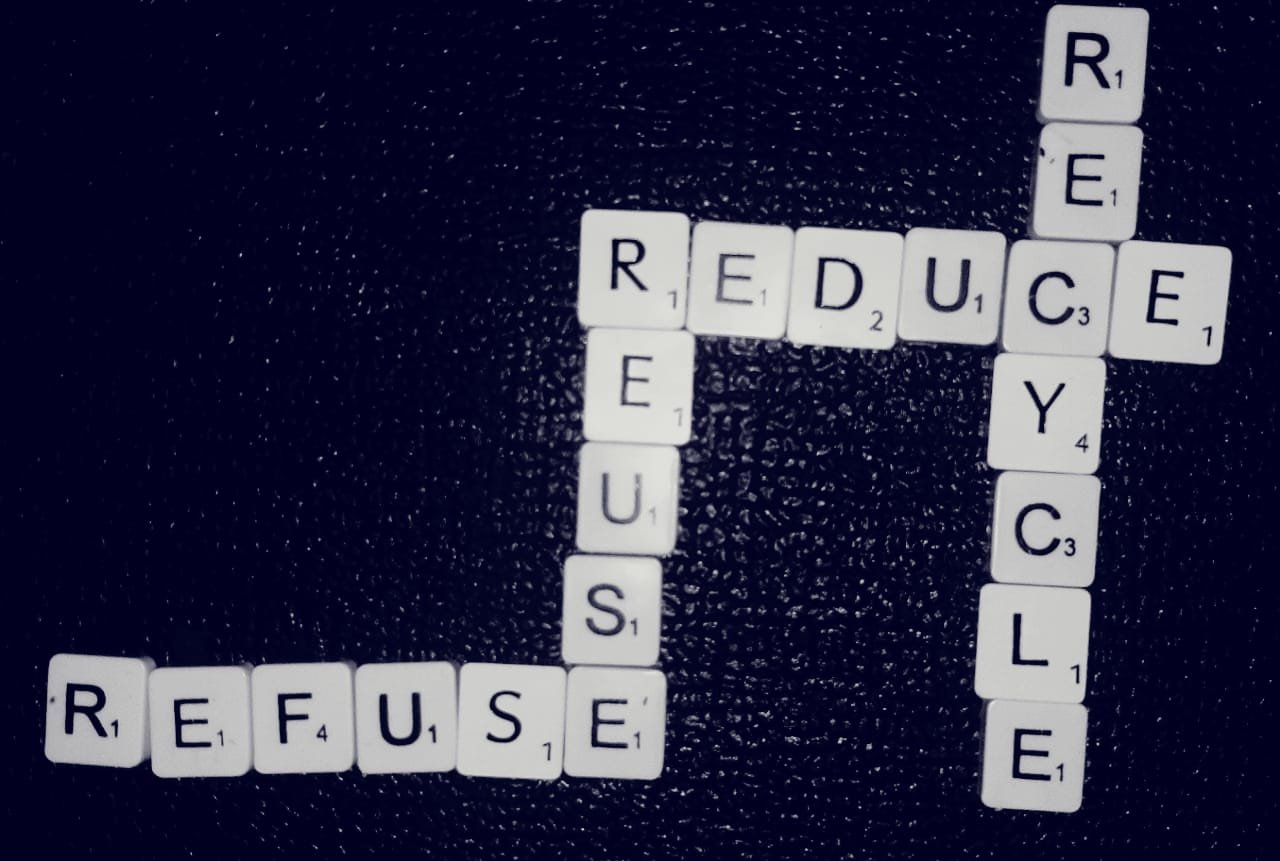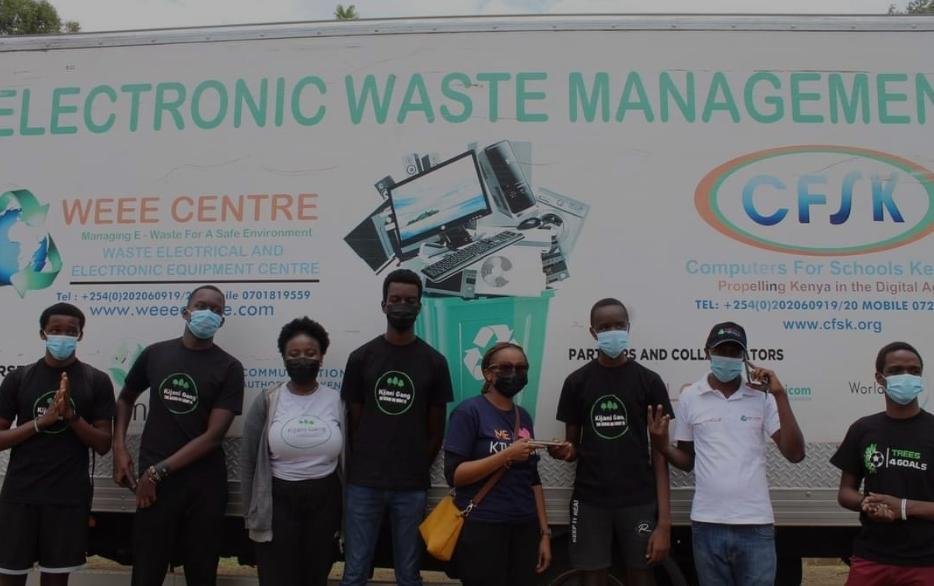looking ahead in action
We can surely know if we love ourselves, based on how we deal with and love nature and our environments
Heya!
February is here with us. A month of love, a month of vibes, a month to continue inspiring the world. For our team in Afrika, we are at it again. Showing our love via our landscapes. Telling you as it is. Because we are all connected, and storytelling is an important part of us and our cultures. We give these to you, as we continue to craft the positive Afrikan story about us, our nature, and inspiration for what we can achieve. Join us and delve into it:
Rhoda Chausa, Tanzania
Rhoda brings us close to the tranquility of nature, and how it feels to be in harmony with the environment.
Dear mother nature!
Just the peace of being surrounded by you makes my heart and mind at rest and calm at at the same time. The more trees we plant , the more you flourish. The more we take care of you, the more you take care of us and keep us in a better place. It saddens me how forgetful of your good deeds and help that you provide to us daily we tend to be, that we choose to repay you with distraction instead of conservation. But theirs is nothing I would put my effort in and make others do, other than keeping you safe for the sake of all, so that you can continue to bless us with your wonderful glow and peace.
Orieny Japheth, Kenya
Not late to reflect on world wetlands Day activities this year. Orieny shares with us some of the activities he joined in. Let’s read with him below;
Wetlands are not wastelands. This year’s #WorldWetlandsDay Theme: Wetlands Action For People And Nature is a call to action for Governments, world leaders, policymakers, corporations and all stakeholders to put the interests of nature and people first before profits. I commemorated this important day of the global environmental calendar by planting Bamboo trees along the Gatharaini river in Githurai-Nairobi, Kenya. The river has been polluted by the residential settlements along its course and excessive farming along the riparian land. Over the past 10 years, youths of Small Axe Environmental Group have partnered with the local government, community based organizations and non-governmental organizations (Kenyatta University Environmental Club, Kenya Environmental Action Network, Youth4Nature, Greenpeace Africa, Green Generation Initiative just to mention a few) to rehabilitate the degraded river ecosystem.
Major milestones have been achieved as youth actions have proven to be resilient against the test of time, as well as campaigns from local community members. By planting ornamental trees (pine), fruit trees (Mangifera indica and Avocado trees), indigenous trees (Markhamia lutea), and bamboo, we have helped in restoration efforts and even established a community park. Green spaces are important in each and every urban setting for they are the lungs of the city.
This year’s celebration involved kids from Wendani Junior Academy who are partners of Green Generation Initiative with an objective of educating and sensitizing them on the importance of climate action and that their little actions matter in conserving wetlands. Imparting this knowledge on the young generation is important as it ensures that they grow up as environmentally conscious citizens.
Aiita Joshua, Uganda
It's calm across the vast open plains- where there seems no life, yet there is life;
Sight is only limited by the raised landforms within the horizon;
Natural sounds are fine tuned to a rhythm of soothing frequencies and melodies;
It's a home away from "home" where life feels different;
It's a society of creatures- living and co-existing with each other;
A new day is signified by the wildest of sounds- which seemingly and gradually are becoming a nightmare;
The voices from the plains speak- and we can hear them; but we choose not hear them;
"Yes there seems no life, yet there is life"
These are our wildlands, these are our protected areas;
They need us and we need them-
Tales of the True African Wilderness, Kidepo Valley Conservation Area, Uganda.
Odhiambo Ronald, Kenya.
The adventures of the river
It gets more exciting for Odhiambo, who is on a mission to walk us through an adventurous journey of the river. Each month, we shall be looking forward to getting freshy bytes from Odhiambo and his escapades into the riverine world. For now however, see below his debut into this series;
What if? One day the creator calls upon all features and formations decorating the earth's surface to give an account of their journey on mother earth? Well, the rivers will have thousands of tales to tell. Flowing from the highest of altitudes into large oceans, lakes and wetlands. Gliding from the shimmering fresh waters of Nam Lolwe all the way North to the warm Mediterranean.
It would be tales of epic journeys cutting across diverse cultural and social sittings, myriad vegetation and wildlife territories. The Great Zambezi roaring and rumbling down from Miombo woodlands through Mozambique giving birth to a wonder of the world, Mosi oa Tunya (Victoria falls) as little Ochilo tributary meanders its paths to feed the great chocolate river, Yala. What a loyal servant!
Leonard Iyamuremye, Rwanda
A changing story of Leonard - an environmental and climate change activist from Rwanda. He knows that trees are the lungs of the world and in trees we find hope; however, planting fruit trees is a super solution to both climate change and hunger.
Leonard's hobby is planting trees wherever he is. Fruit tree farming is a sustainable solution for him and his family hence he started to initiate avocado plantation in his parent's small farm. “Our land was of small value before but today things changed and I hope within a short time I will start harvesting”, he adds. Avocados are cash crops and can generate much money if prepared,planted and cared for well. Only 50 trees can change a small farmer's life here and contribute to other ecosystem services as well.
“My dream is to solve environmental and soil conservation problems through agroforestry and agroecology. There is a big linkage between climate change and land misuse, poverty and food insecurity because once those problems arise, it increases pressure on biodiversity and the environment in general”. Among many other solutions, Leonard believes that Agroecology and tree plantation is fundamental and crucial,but lack of land and capacity/skills to produce more seedlings is still a challenge in his community. He has distributed some plants to his neighbours freely and hopes to do more in the future.
Bulimo Peter, Kenya
Wetlands, not wastelands!
Just like Orieny, Bulimo also joined in to mark world wetlands Day activities in the lakeside city of Kisumu.
As biological hotspots spanning both land and sea and providing habitats and breeding grounds to countless numbers of plants and animal species, wetlands have disproportionately suffered the wrath of unsustainable anthropogenic behaviour. In Kenya and across the globe, environmental and nature enthusiasts come together to commemorate the significance of this day-however, beyond this, very little action proceeds and the outcomes barely tally the significance that the day is usually accorded.
While wetlands thrive to sustain biodiversity, mitigate climate change and nourish the planet, human action (and inaction) continue to reverse these gains. Not once have we seen wetlands being exploited for socio-economic gains, not once have we watched as the government and stakeholders manipulated wetland policies to accommodate their selfish gains. Without aggressive policy and on-the-ground action to sustain these threatened hotspots, humanity is set to lose a series of ecosystem benefits (including micro-climates, water and air purification etc) faster than ever imagined. While they say when music hits you, you feel no pain, I wonder what it really would feel like when nature finally hits back!! A rallying call to humanity: We need nature more than nature needs us. To save nature is to save humanity, unfortunately not the other way round.
Abby Bosibori, Kenya.
Photo credits: Kilimani project Foundation
As we face another year with the pandemic - some working remotely and spending time majorly indoors with family or with roommates in close proximity, this has resulted in more clutter in the household. With Waste Management still being an area of improvement in the city, I struggle to hoard as many non-biodegradable items as possible, electric equipment, plastic, paper , old textile , hoping to one day find the right spot for each item, in a safe, responsible and sustainable way.
Fortunately hoarding all the clutter has not been in vain, as I had the opportunity to come across the Kilicycle Waste Management Drive. An initiative facilitated by the Kilimani Project Foundation that began in 2012 , with the aim of creating green spaces to provide opportunities for social engagement and community development, which ultimately create stronger and safer neighborhoods. As a developing sub-urban community, with residents who have resided for nearly 40 years, their intentional organisation for establishing green, impactful and sustainable communities in the city sets a trailblazing example for the bursting developments in Nairobi.
The Kilicycle Waste Management Drive involves the collection of plastic, paper, textile and E-waste appliances. Monthly drives occur to encourage communities to place their items at designated locations during the drive ,preventing the clutter that fills the areas' landfills. With the city's municipal authorities overwhelmed with the growing demand of waste management services, the residents decided to take initiative in their own hands. This is done through the partnership of local waste management organisations such as the Weee Centre, Takataka solutions, Africa Collect Textiles, Bottle Logistics East Africa Ltd.
The Foundation aims to expand the drive across various regions in Nairobi, aiming to create awareness on greener, cleaner and efficient communities one house at a time. Greener landscapes and communities begin with one, in the spirit of Ubuntu. A South African statement that represents brotherly care for another. This is well known across the African Community in spite of the individualism that creeps in the busy streets. With the help of the leadership, volunteers and green enthusiasts, I can't wait to see a cleaner and better Nairobi, across green leafy suburbs, towering high-rises and marginalised regions. It will all happen with one drive at a time.
Inusa Ibrahim, Nigeria
The Tree of Life
A gigantic baobab tree
Threatened and Devastated by the effects of drought, desertification on the edge of the Sahara growing it to extinction. Baobabs tree grows in the dry Sahel savannas of Africa, Australia and parts of the Middle East. In Nigeria, the baobab tree grows in the northern part. The effect of desertification and drought is becoming severe and is cultivated and used traditionally in the northern parts of Nigeria. While all parts of the tree are utilized for different uses, the fruit, seeds and leaves of the baobab tree are highly prized for their nutritional and medicinal qualities.
The leaves are used in the preparation of a soup termed miyan kuka in Northern Nigeria, which is among the traditional soups in the region. Baobab leaves have been used to treat several ailments like malaria, fever, infections, anaemia, and boost the immune system. The fruit has recently gained big traction in the western parts of the world and has been named as a super food and a super fruit due to its amazing health benefits.
Consumption and sales
Its fruits, seeds and/or leaves are used as food in the farmers' families or are sold on local markets to generate income for mostly women at our frontline communities.
Medicine
Its leaves, roots, bark and/or fruits are used in traditional medicine.
Biodiversity
It helps restocking various animal species, thus helping the variety of fauna and flora overall. Empowering the most vulnerable communities by planting more of these trees can enhance the livelihood of the most vulnerable frontline women suffering from multiple effects from all dimensions of sustainable development.
Ghaamid Abdulbasat, Tanzania
Location: Longido Villages in Arusha - Tanzania
“Water scarcity in line with unpredicted patterns seasonal weather changes in the mountains of Longido where it's the most trusted and highly depended water source for the residences downstream”
Special appreciation to the contributing Afrika Global Ambassadors; Ghaamid, Abby, Leonard, Bulimo, Orieny, Rhoda, Joshua, Ronald and Ibrahim.
Compiled by Kaluki - Afrika Director





